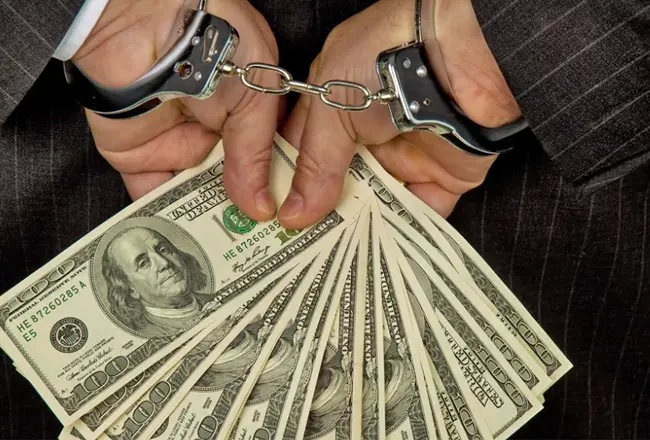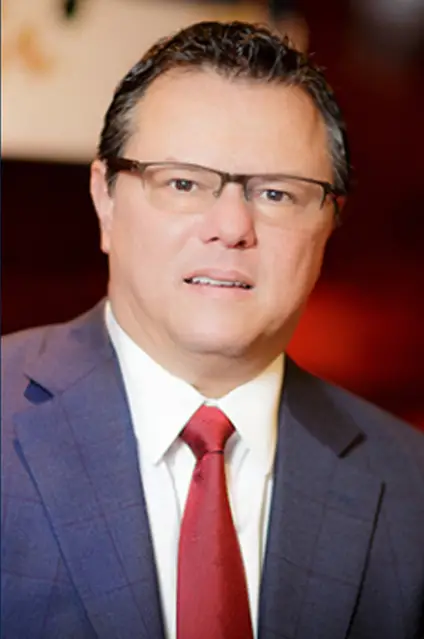Michael D’Alessio’s $58M fraud takes its toll on many of his 278 victims
The sentencing last week of Michael D”™Alessio to six years in federal prison may do little to relieve the damages that hundreds of investors suffered, the betrayal that friends have experienced and the shame that his family endures from the $58 million real estate fraud.
 Hundreds of letters were submitted to the court by some of the 278 victims demanding a harsh penalty for the financial and personal devastation he caused, and in many cases by friends asking for leniency for a man they described as essentially decent, but flawed.
Hundreds of letters were submitted to the court by some of the 278 victims demanding a harsh penalty for the financial and personal devastation he caused, and in many cases by friends asking for leniency for a man they described as essentially decent, but flawed.
“Michael has robbed us financially and emotionally. Things we may never get back,” wrote investor Michael Kohn, who once counted D”™Alessio as a friend.
For more than two decades, D”™Alessio was a successful real estate developer in White Plains, building the company with his own profits. By 2012, he claimed a net worth of $30 million.
That year, he launched an ambitious strategy of developing several projects at the same time in Westchester, Manhattan, the Hamptons and the Bronx. For the first time, he sought financing from private investors.
But he commingled funds, according to court records, and squandered millions of dollars on casino gambling and on a lavish lifestyle. In 2017, he stopped paying back his investors.
D”™Alessio blamed the demise of his real estate ventures on a declining market for luxury condos and on a gambling disorder.
Federal prosecutors argued that he was motivated by “simple greed.”

D”™Alessio pleaded guilty to wire fraud and concealing assets from bankruptcy court.
The victims of his Ponzi-like scheme fall into three categories, prosecutors stated in a sentencing memorandum: young professionals investing their nest eggs, retirees trying to achieve greater financial security and real estate professionals.
Carol Merkel, a 68-year-old widow, lost $500,000 to assure herself of a comfortable retirement.
“Mr. D”™Alessio took that security away from me,” she said in a letter to the judge.
She also persuaded two other elderly people to invest with D”™Alessio, including a woman who invested for her 93-year-old mother.
“These people believed in me,” she wrote. “I in turn caused other seniors to lose their money. ”¦My good name was tarnished.”
Adam Field invested a substantial part of his life savings and his daughter”™s college fund, based on D”™Alessio”™s personal guarantee and assurances that the investments were safe.
“I”™m not a sophisticated NY real estate investor,” he wrote, “but a single dad struggling to now figure out how to fund the college education my daughter hopes to continue.”
“He assured me that the money would be safe,” Kohn said. “Quickly, Michael became a close friend. Unbeknownst to me at the time, Michael was simply being kind in order to get me involved in additional investments.”
D”™Alessio”™s fraud, according to the sentencing memo by his attorneys, is a rare case where even investors who lost money see him as a good man.
Michael Finamore, who lost $1 million, wrote that D”™Alessio was just a small-time businessman whose business grew too quickly and spiraled out of control because of market conditions.
“Michael is not a Ponzi-type criminal who cared not for those people around him.”
Numerous letters were written by gambling addicts who attested to D”™Alessio”™s contrition and efforts to rehabilitate himself in Gamblers Anonymous.
D”™Alessio himself, according to a psychological report, struggles with guilt and shame over the havoc he has wreaked on his family.
He claims he invested $11 million of his own money, $750,000 from his parents and $320,000 from three children.
A letter by one of his daughter”™s describes the extensive personal care that D”™Alessio gives another daughter, age 12, who is severely disabled.
He replaces her diaper, dresses her, feeds her, soothes her with talk, plays with her, watches over her, tucks her into bed, and even after his divorce continues to be a daily presence in her life.
“Words cannot describe the difference that my father makes in (her) life, and vice versa,” she wrote.
She wondered about the negative effects of a long prison term on the whole family and especially on the disabled daughter.
“She may never be able to communicate why she is sad, but not seeing him every day will be incredibly hard for her as she grows up.”